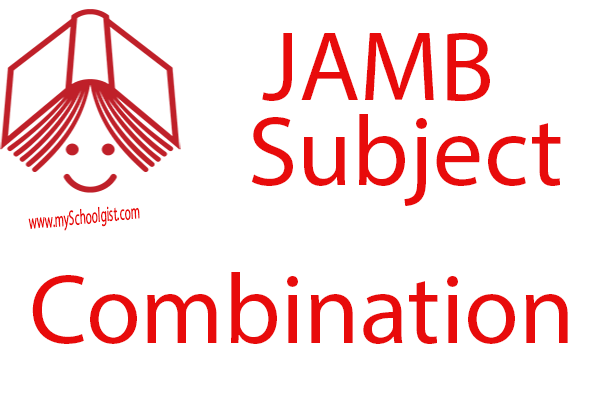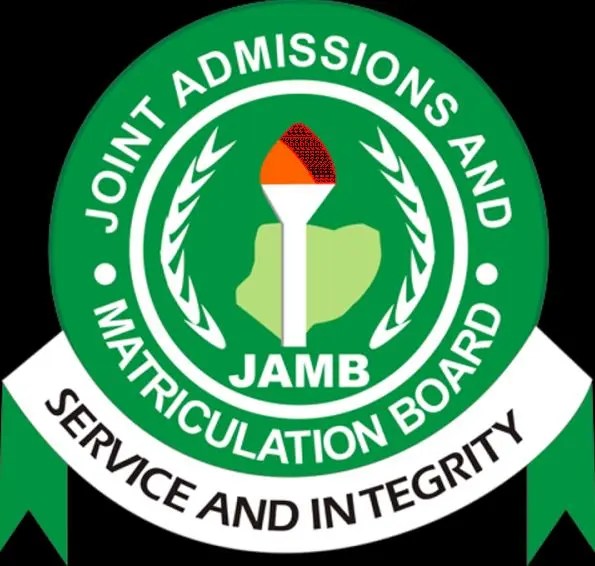
The Joint Admissions and Matriculation Board (JAMB) and stakeholders in tertiary education across the nation have jointly approved the “National Minimum Tolerable UTME Score (NTMUS)” or more commonly referred to as the cut-off mark for 2023 admission into Nigeria’s universities.
Setting the Benchmark: Universities, Polytechnics, and Colleges of Education
The benchmarks were finalized at the 2023 annual policy meeting on admissions into tertiary institutions. The meeting, convened in Abuja, resulted in a cut-off of 140 for universities and a cut-off of 100 for polytechnics and colleges of education. This pivotal meeting was chaired by the Permanent Secretary, Federal Ministry of Education, Andrew Adejoh, who took the final decision following recommendations from institutional heads.
Beyond a Single Benchmark: Flexibility for Institutions
JAMB Registrar, Is-haq Oloyede, stated that the approved minimum benchmark isn’t a one-size-fits-all solution. The meeting establishes a minimum acceptable score, but institutions still have the liberty to raise their minimum points higher than the agreed benchmark, reflecting the unique requirements and standards of each institution.
“Anything we decide here will become the minimum. What it means is that nobody can go below it,” explained Mr. Oloyede. This indicates a clear distinction between the floor and the ceiling of admission scores, with the opportunity for individual institutions to raise the ceiling as per their preferences.
Similar Posts:
Implications of the New Cut-Off Marks
The implications of this decision are significant, particularly for about fifteen private universities that had earlier selected 120 and 130 as minimum points. These institutions will now have to increase their minimum points to at least 140. Simultaneously, all polytechnics and colleges of education are obliged not to admit students scoring less than the 100 minimum score.
Determining the Cut-Off Points: A Democratic Process
The process of determining these cut-off points is not unilateral but rather a democratic one involving all stakeholders. All tertiary institutions send their individually preferred minimum points to JAMB ahead of the meeting.
At the policy meeting, university vice-chancellors, rectors of polytechnics, and provosts of colleges of education engage in a debate to agree upon a minimum benchmark for admission. After thorough discussion, the minimum benchmark favoured by the majority of stakeholders is adopted, providing a fair and balanced approach to setting admission criteria.
The updated cut-off marks set a new precedent for admission standards in Nigeria, ensuring that students meet a universally recognized standard, while also allowing institutions the flexibility to uphold their unique academic requirements.
SEE ALSO:




